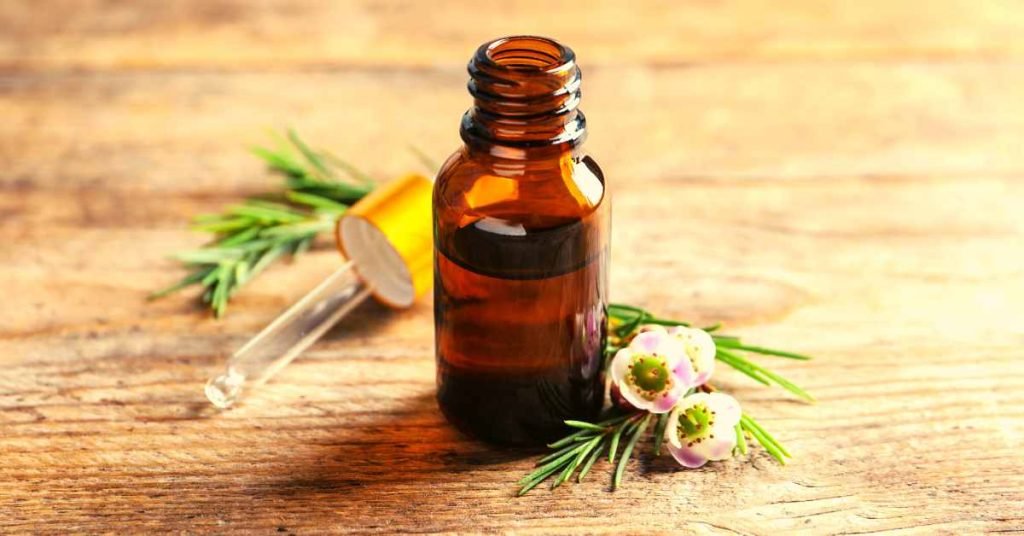Wounds are a common occurrence in our daily lives, whether they are minor cuts or more severe injuries. While there are many traditional treatments available, a lesser-known method of healing wounds involves the use of tea.
Teas have been used for centuries for their medicinal properties, and their ability to soothe and heal the body is well-documented.
In this article, we will explore the science behind using teas for wound healing and discuss some of the most effective teas for this purpose.
From green tea to chamomile, we will examine the unique properties of each tea and how they can aid in the healing process. Whether you’re looking for a natural remedy or a way to complement your existing wound care routine, the healing power of teas may surprise you.
What Are the Best Teas You Can Use to Clean Wounds?

While teas can be a helpful complement to wound care, it’s important to note that they should not be used as a replacement for medical treatment.
In the case of severe wounds, it’s always best to seek professional medical attention. However, for minor wounds such as cuts, scrapes, and insect bites, certain teas can have cleansing and healing properties. Here are some of the best teas you can use to clean wounds:
- Green tea – Green tea contains compounds called catechins, which have antibacterial properties that can help prevent infections in wounds. The antioxidants in green tea can also help reduce inflammation and promote healing.
- Chamomile tea – Chamomile has anti-inflammatory and antiseptic properties that can help reduce swelling and prevent infection in wounds. It can also help promote relaxation, which can aid in the healing process.
- Rooibos tea – Rooibos tea has high levels of antioxidants and anti-inflammatory compounds that can help soothe and heal wounds. It also has antimicrobial properties that can help prevent infection.
- Peppermint tea – Peppermint tea has natural cooling and numbing properties that can help relieve pain and itching associated with wounds. It also has antimicrobial properties that can help prevent infection.
- Black tea – Black tea contains tannins, which have astringent properties that can help cleanse and tighten wounds. The caffeine in black tea can also help reduce inflammation and promote healing.
It’s important to note that before using any tea for wound care, it’s crucial to ensure that the tea is clean and free of any contaminants. Additionally, teas should never be used as a replacement for proper wound care or medical treatment.
The Antiseptic Properties of Teas for Skin Use

The antiseptic properties of teas for skin use are due to the presence of certain compounds, such as polyphenols and catechins, that have natural antibacterial, antifungal, and antiviral properties. These compounds work by disrupting the cell membranes of microorganisms, preventing their growth and replication, and ultimately killing them.
When applied to the skin, teas can help prevent and treat bacterial infections that can occur in wounds or cuts. In addition, the antioxidants found in teas can help protect the skin from damage caused by free radicals, which can contribute to premature aging and skin cancer.
The anti-inflammatory properties of some teas can also help reduce redness and swelling associated with skin irritations and acne.
Teas can also be used as a natural astringent, helping to tighten and tone the skin. This can be especially helpful for individuals with oily or acne-prone skin, as it can help to reduce the appearance of pores and prevent the buildup of excess oil.
Overall, teas can be a useful addition to a skincare routine due to their natural antiseptic properties. However, it’s important to note that while teas can be effective for minor skin irritations and wounds, more serious skin conditions should be treated under the guidance of a medical professional.
Conclusion

In conclusion, while there are many traditional methods for treating wounds, using teas for wound care is a lesser-known but effective approach.
Teas contain natural compounds such as polyphenols, catechins, and antioxidants that have antibacterial, anti-inflammatory, and astringent properties, making them ideal for cleaning and treating minor wounds.
Green tea, chamomile, rooibos, peppermint, and black tea are just a few examples of teas that can aid in the healing process of wounds.
However, it is important to remember that while teas can be a helpful complement to wound care, they should not be used as a replacement for medical treatment.
For serious wounds or infections, it is always best to seek professional medical attention. Additionally, it is important to ensure that the tea used for wound care is clean and free of contaminants to prevent further infection.
Incorporating teas into a wound care routine can be a natural and effective way to aid in the healing process. Whether you’re looking for a natural remedy or a way to complement your existing wound care routine, the healing power of teas may surprise you.
MEDICAL DISCLAIMER
Itsnevernotteatime.com cannot and does not contain medical/health advice. The medical/health information is provided for general and educational purposes only and is not a substitute for professional advice.




